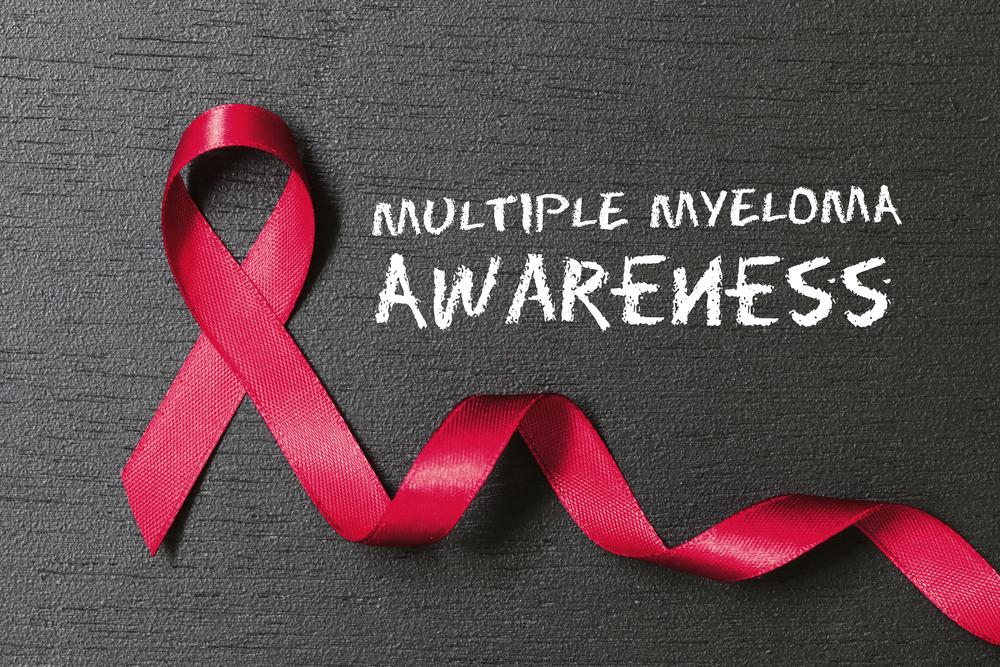Signs and Symptoms of Multiple Myeloma
Multiple myeloma is a form of cancer in the bone marrow, mainly manifested by the rapid and uncontrollable multiplication of its cells. The signs and symptoms associated with Multiple Myeloma are as follows:
Bone pain and breaks
The most common symptom of multiple myeloma is bone pain and it usually involves your back and ribs. Unlike other forms of cancer which could afflict you, the pain in myeloma is suddenly caused and provoked by your movements.

Normally, you have two kinds of bone cells that harmoniously work together. These are the osteoclasts and the osteoblasts. The osteoclasts destroy old bones, while the osteoblasts build new ones. When you have multiple myeloma, a certain substance is produced wherein the osteoclasts are given signals to keep on destroying bones. However, the osteoblasts do not receive any kind of signals that they will construct new ones. With this discrepancy, more bones are destroyed rather than constructed. Thus, you have bone destructions if you have the disease.
The bone destruction in multiple myeloma is lytic in nature—that is, some spots in your bones appear to have been destroyed or dissolved. These result from the fact that the calcium in your bones are abnormally transferred to your blood, resulting in the increase of said mineral in your blood which is medically known as hypercalcemia. The bone destruction could take place in your skull, clavicles, pelvis, rib cage, sternum, and even in your spine. Thus, when there are indications that you have spinal cord compression, it is very likely that one or more of your vertebral bone(s) has (have) collapsed resulting from the loss of calcium.
Bacterial infections
If you suffer from multiple myeloma, you are prone to have infections in your lungs, such as pneumonia, or in your kidneys, such as pyelonephritis. These infections are due to the fact that if you have MM, your immune system is weaker due to less number of antibodies. In MM there is both a reduction in production and an increase in their destruction. Antibodies are the substances which are needed to fight various forms of infections. Thus when the number of your antibodies circulating in your body is decreased, your resistance to fight infections is lower. Hence, you easily get infections.
Renal failure
Aside from your bones and immune system, your kidneys could also be damaged by multiple myeloma. This is brought about by the high level of calcium and uric acid in your blood and by the infections, such as pyelonephritis, that took place in your kidneys. When your kidneys are damaged, a lot of glucose and amino acids (the smallest components of proteins) are lost through the urine. Hence, substances which could have served as sources of your energy are inevitably lost. Worse, aside from losing its capability to retain your glucose and amino acids, your damaged kidneys could also lose its functions to acidify and concentrate your urine, bringing more problems in your body.
Anemia
Inside and at the middle of your bones is the bone marrow which produces the different cells of your blood: the red blood cells, the white blood cells, and the platelets. As the tumor spreads and penetrates your bone marrow, the normal production of your blood cells is disturbed, causing you to suffer from anemia. People with MM also produce a number of new substances which impede the normal functioning of your bone marrow, thus contributing again to the development of anemia.
When your red blood cells are reduced in number, you will appear pale and weak. In addition, you will easily get tired and will have a hard time doing very strenuous activities. When your white blood cells are reduced in number, you will easily get infections; and when your platelets are reduced, you will have bleeding and bruising.